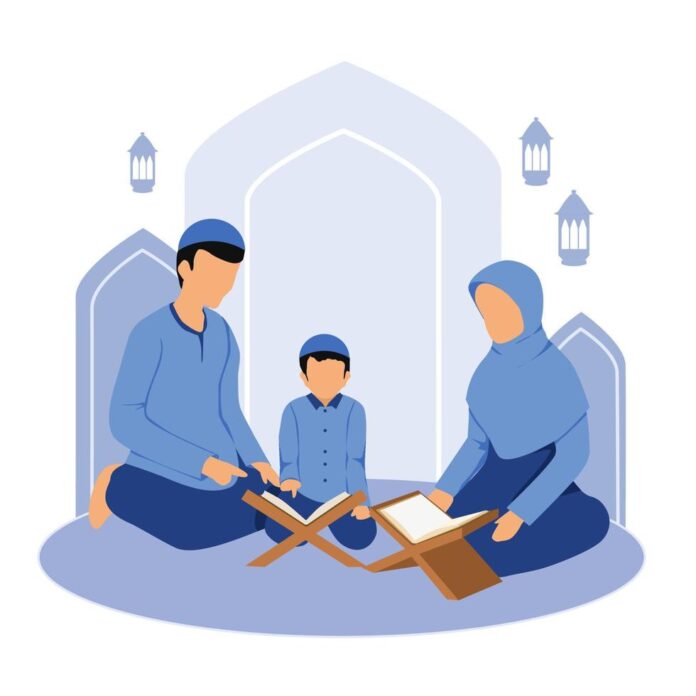Honoring Parents in Islam: A sacred duty beyond worship
In Islam, parents hold a highly revered and dignified position. Their role is considered second only to the worship of Allah. The Qur’an and Hadith are filled with commands to honor, respect, and care for one’s parents, recognising their sacrifices and contributions to their children’s upbringing.
Islam views the family unit as the foundation of society, and within this unit, parents are central to shaping the moral and spiritual well-being of their children.
1. Divine Command to Honor Parents
Allah emphasises kindness to parents right after His command to worship Him alone. This shows the gravity of their status.
“And your Lord has decreed that you not worship except Him, and to parents, good treatment…”
— Surah Al-Isra (17:23)
This verse illustrates that respect and good behavior toward parents is not just a moral obligation but a divine decree. Being dutiful to one’s parents is a form of worship in itself.
2. Mothers in Particular
Islam especially highlights the status of mothers due to their unique role in childbearing, nursing, and nurturing.
A man came to the Prophet (peace be upon him) and said,
“O Messenger of Allah, who among the people is the most worthy of my good companionship?”
The Prophet replied, “Your mother.”
The man asked, “Then who?”
The Prophet said, “Your mother.”
He asked again, “Then who?”
The Prophet said, “Your mother.”
He asked once more, “Then who?”
The Prophet replied, “Then your father.”
— Sahih al-Bukhari & Sahih Muslim
READ ALSO: Tawakkul in Islam: Faith, action, and divine trust
This Hadith clearly demonstrates the threefold preference given to the mother in terms of kindness and care, due to her suffering and sacrifices.
3. Fathers as Providers and Guides
Fathers, in Islam, are regarded as protectors, providers, and spiritual guides.
“Men are the protectors and maintainers of women because Allah has given the one more (strength) than the other and because they support them from their means…”
— Surah An-Nisa (4:34)
Fathers are entrusted with the responsibility of providing for the family and ensuring the children are raised with sound Islamic knowledge and character.
4. Responsibility of Children Toward Parents
Islam commands children to:
Speak to their parents kindly
Obey them (unless it contradicts Allah’s command)
Pray for them
Care for them in old age
“Say not to them [your parents] a word of disrespect, nor shout at them but address them in terms of honor.”
— Surah Al-Isra (17:23)
“My Lord, have mercy upon them as they brought me up [when I was] small.”
— Surah Al-Isra (17:24)
READ ALSO: Peace in Islam: A core principle of the faith
Even after their death, Islam encourages continued kindness through prayers, charity on their behalf, and maintaining ties with their friends and relatives.
5. Parental Role in Spiritual and Moral Development
Parents are seen as the primary educators in Islam. The Prophet Muhammad (peace be upon him) said:
“Each of you is a shepherd, and each of you is responsible for his flock…”
— Sahih al-Bukhari & Muslim
This Hadith underlines the role of parents in teaching Islamic values, good behavior, and guiding children toward becoming responsible members of the Ummah.
Conclusion
In Islam, the role of parents transcends mere biological relationships. They are spiritual mentors, moral guides, and caretakers whose efforts are deeply honored and rewarded.
Fulfilling our duties toward parents is among the most virtuous acts, and neglecting them can lead to serious consequences both in this life and the hereafter.
Therefore, a devout Muslim must always uphold the rights of parents with love, respect, and continuous prayers.
Follow the Neptune Prime channel on WhatsApp:
Do you have breaking news, interview request, opinion, suggestion, or want your event covered? Email us at neptuneprime2233@gmail.com





